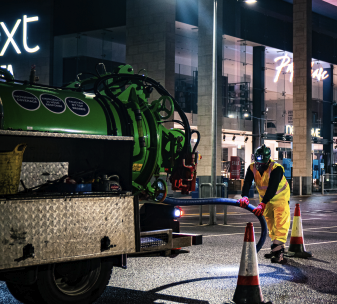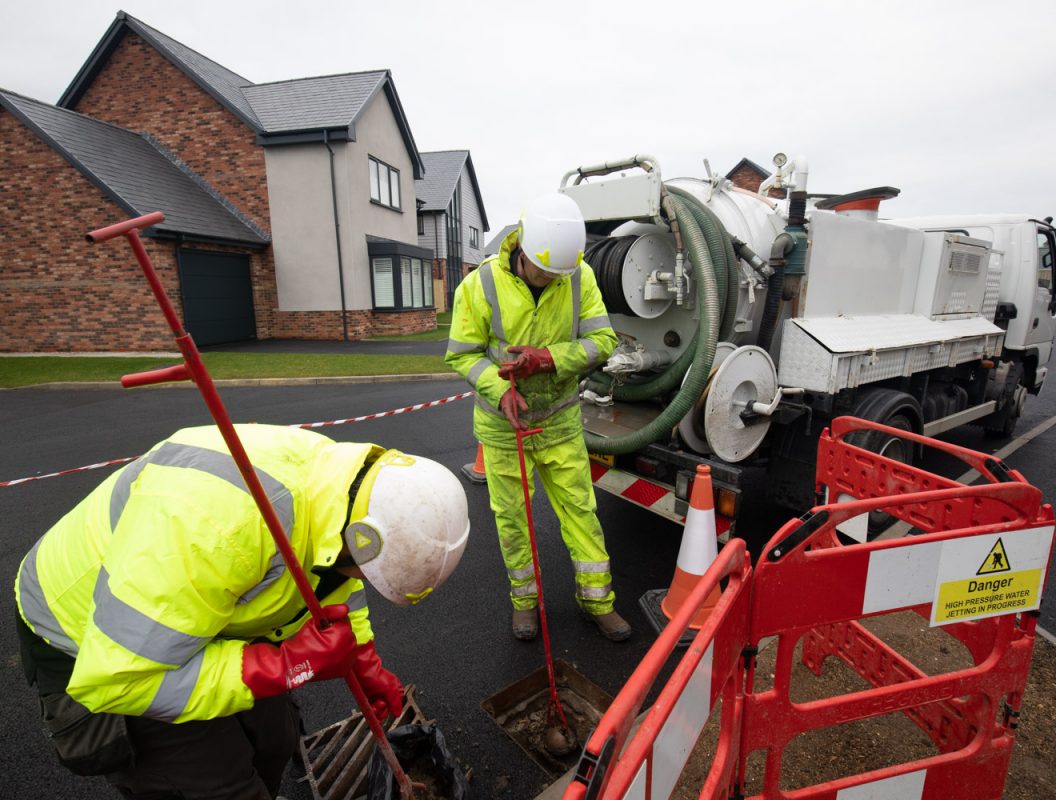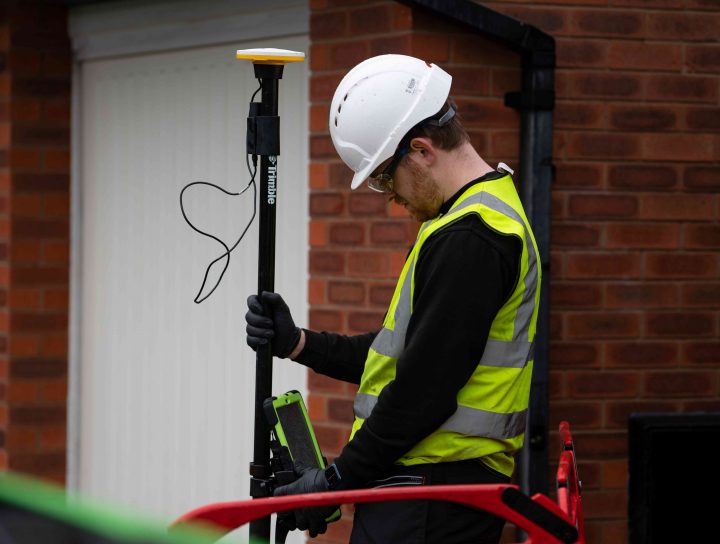Our MD, Peter Molloy, spoke with Inside Housing to explain why being proactive rather than reactive can save social landlords time and money when maintaining drainage systems.
The Decent Homes Standard – which was introduced for the social housing sector in 2001 to set minimum standards that social homes are required to meet – is currently under review. This is the first time the standard has been updated since 2006; but it is unclear what will apply to drainage.
This is often an ‘out of sight, out of mind’ area for landlords, so one they only think about when a problem occurs – although, by that time, it can be expensive and disruptive to fix.
Inside Housing speaks to Peter Molloy, managing director of drainage specialist Metro Rod, who reveals the potential costs to landlords and impact on tenants if good drain maintenance is ignored.
The Decent Homes Standard is Being Updated. What Part Should Good Drainage Play in the Update?
Every social housing property should have a decent drainage system free from blockages and leaks. As a business we see that, these days, everyone – including social housing tenants – is more demanding and vocal when decent living and hygiene conditions don’t meet their expectations. And rightly so. Hopefully, the update to the Decent Homes Standard will increase awareness of the importance of good drainage, and remind landlords that bad drainage can negatively impact tenant satisfaction.
What Can a Lack of Drain Upkeep Mean for Social Landlords?
When gullies and drains become blocked, surface water cannot run easily into the main sewer system, which creates pools of water close to buildings, increasing the likelihood of water breaching any dam membranes. Likewise, overflowing gutters and down pipes lead to water cascading down the outside of buildings and risk the ingress of water through the brickwork. Prolonged exposure to any of the above, along with poor ventilation, can result in mould and damp, and airborne bacteria. Upgrading drainage systems is expensive. However, prevention measures can be taken, such as installing rat gates in the drainage system to prevent rat entry. And if a landlord knows that there is a hole in a pipe, or a joint has been displaced, or the toilet won’t flush, it’s important to get the issue repaired quickly before it manifests into a bigger problem.
What are the First Signs of a Drainage Issue?
If you notice that water is flowing away from the sink or bath at a slower rate than normal, that’s an early indication. Another is smell. If you go outside your home and smell sewage, you’re smelling it for a reason. There’s a problem somewhere.
How Can Social Landlords Ensure Good Drain Maintenance?
Social housing is a sector where good drain maintenance can be managed intelligently, and it starts with education. The vast majority of drain blockages we see are caused by unintentional misuse of drains. For example, if tenants are putting cooking fat down the sink continually, or wet wipes down the toilet, a blockage is going to occur. However, if we can work with social landlords to help tenants understand the implications of their behaviour, then it’s a win-win. The landlord spends less money on repairs and maintenance, and the tenant gets a better quality of life.
How Can Education be Delivered to Social Housing Tenants?
There are numerous ways. It can be done via webinars, or with flyers and educational documents. We’ve been into junior schools to educate the next generation about what should and shouldn’t go down drains. And our company has sophisticated IT systems that can identify properties that have frequent blockages and may need investigation. Wherever we can, we record the cause of the blockage and feed the information back to the social housing provider, which can then educate the tenant, or take other action. We want to get tenants onside, so it’s important to have a fluid and flexible approach when working with them and their properties.
What Systems Should Social Housing Landlords Have in Place to Deal With Drainage Problems in Properties?
Generally speaking, social housing providers work on a reactive basis: they only deal with a problem when it occurs – and I fully understand that because there are other more visible issues that they need to spend money on. However, it’s important to be proactive, not reactive.
What Can Social Landlords Do to Avoid a Big Bill?
Drainage specialists should work with customers to consider all the financial constraints they face, and mitigate their problems cost-effectively wherever possible. For example, if a drainage contractor visits a property to clear a blockage, they could offer landlords a quick ‘look see’ survey, where a camera is put into the drain. This isn’t a full camera survey, but it would help the landlord understand if clearance of the blockage has been successful, or if there is an underlying problem.
How Important Is Regular Maintenance of Booster Pumps and Sewage Pumps in Social Housing?
Booster pumps are necessary for landlords with high-rise properties because water doesn’t flow uphill. If the booster pump fails and the water pressure stops, that makes life difficult for tenants. A sewage pump pushes waste to the main sewer line or septic tank. If a sewage pump fails, landlords might be able to put in a temporary pump, or deploy a tanker to empty the pit so that it doesn’t overflow. But this all costs money. So whether they have an above-ground booster pump or a below-ground sewage pump, have a regular maintenance and upgrade regime in place. I’d advocate a quarterly, half-yearly or annual inspection.
Should Social Landlords Expect Drain Maintenance and Repairs to Be Difficult and Disruptive?
Occasionally, yes, although some repairs are relatively simple. There are sophisticated techniques for repairing drains these days, so that roads, drives or gardens don’t have to be dug up. Some of these are very cost-effective and extremely sustainable in terms of the longevity of the repair. However, with a collapsed drain, digging may well be necessary. That will be disruptive, which causes more expense for the social housing provider, because they’ll have to make provision for the tenant with temporary accommodation or temporary toilets, for example. The more proactive a landlord is, the quicker a problem can be resolved.
Can Social Landlords Save Money Through Drain Maintenance?
Yes, if they remember that prevention is more cost-effective than the cure. They can also tap into the expertise of a drainage specialist, who will understand the legislation in terms of shared drains. Engineers can quickly identify a shared drain and know if a problem is the responsibility of the landlord or the water company. That knowledge is invaluable and can help social housing providers manage their budgets more effectively.

Talk to your local Metro Rod specialist
We are always happy to arrange a free site assessment and no obligation quotations for any work you might need. Alternatively, you can call our emergency hotline number on 0800 66 88 00
Get in touch Drainage Services
